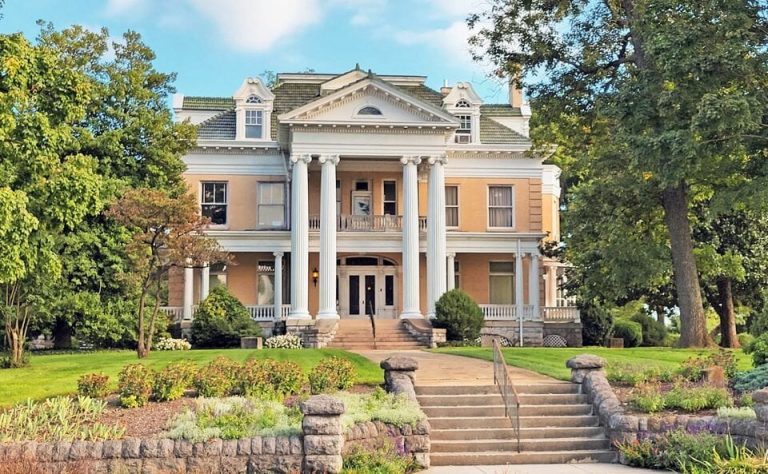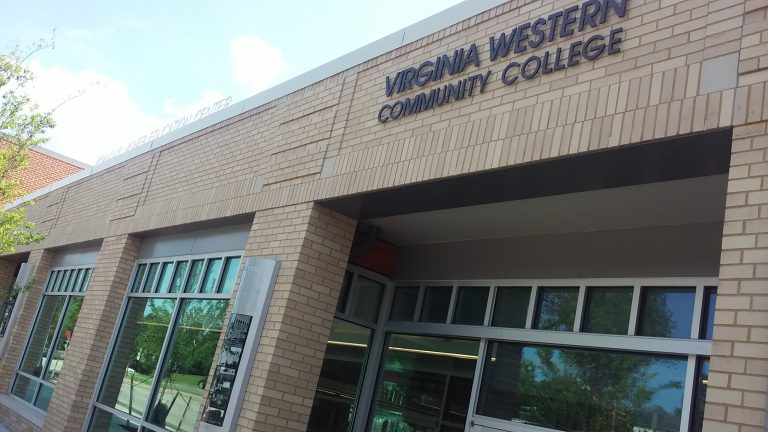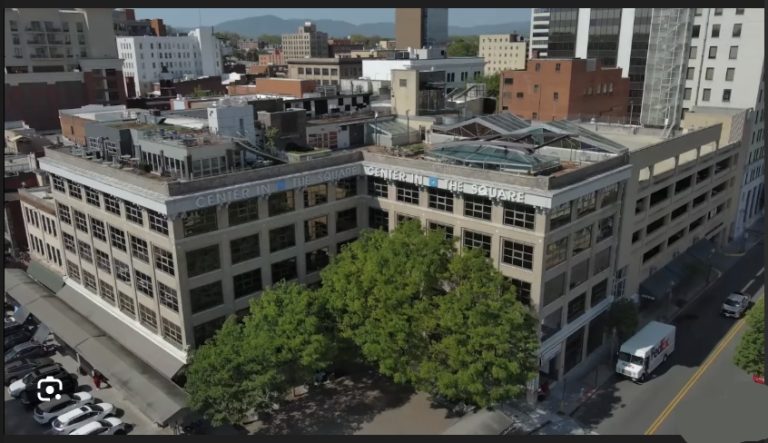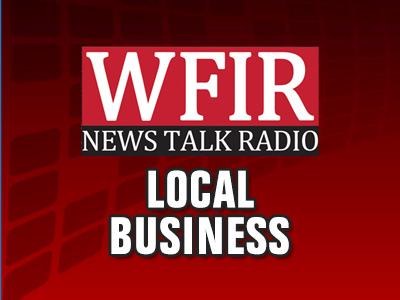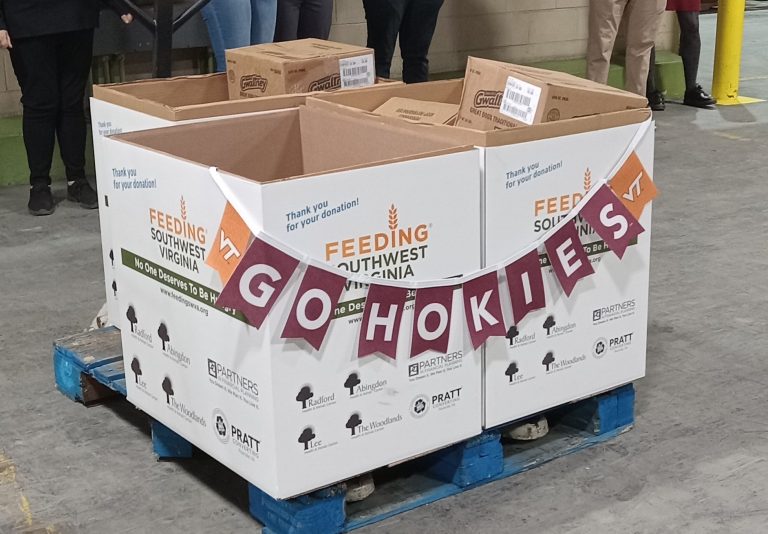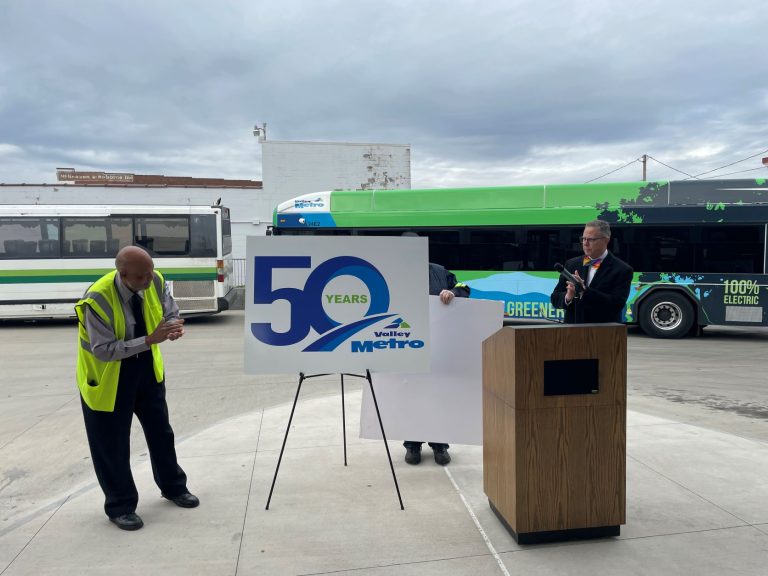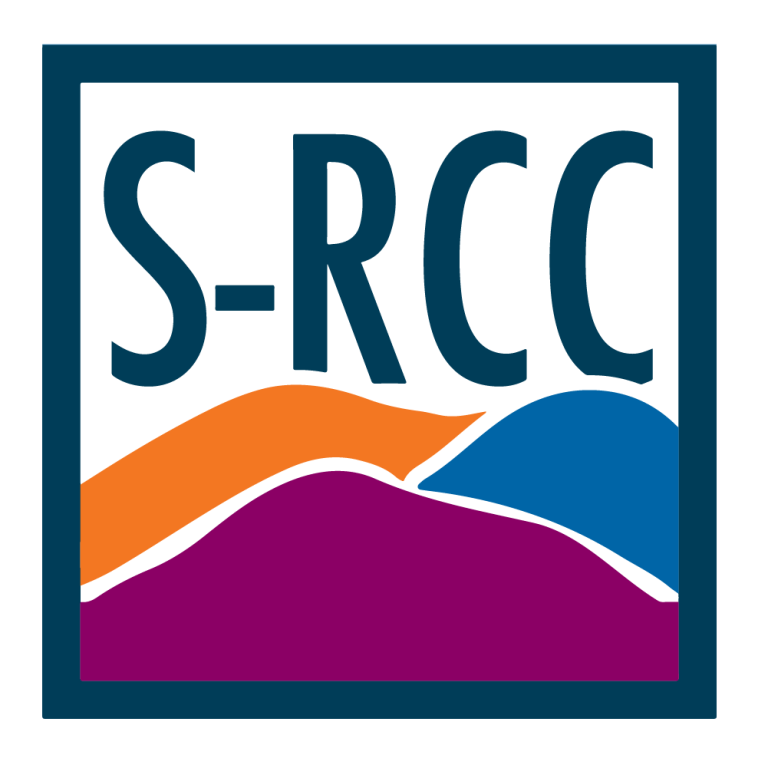Friends of Mountain View recently appeared before Roanoke City Council, unveiling plans for the future of the...
Local Business and Economic Development
As area high school students wrap up the first semester of their senior year, attention turns to...
A major American freight railroad company with strong ties to Roanoke has distributed $100,000 in grants to...
A Downtown Roanoke Attraction is turning 42 and getting a little work down to keep it fresh. ...
Consumer Sentiment is much higher in Virginia than it is in the nation as a whole –...
The Delta Dental Dickens of a Christmas starts tonight. For the next three Fridays downtown Roanoke will...
More than a dozen Roanoke County businesses got a boost from the county. As WFIR’s Denise Allen...
Those that are not big box store fans while they shop for Christmas and holiday presents may...
Small businesses are what make a community unique. While shoppers are out looking for Black Friday deals,...
Retailers may breath a sigh of relief as the latest Roanoke College survey focused on holiday spending...
Smithfield Foods this morning dropped off close to 38 thousand pounds of meat to Feeding Southwest...
His first “canary in a coal mine,” was looking at cardboard shipping boxes – were major players...
After being without a true home office while opening branches in Salem and at Smith Mountain Lake,...
At the Third Street Station on Salem Avenue in downtown Roanoke a celebration marking the 50th anniversary...
The Salem-Roanoke County Chamber of Commerce is working with Feeding Southwest Virginia and the Governor’s Virginia Cares...

